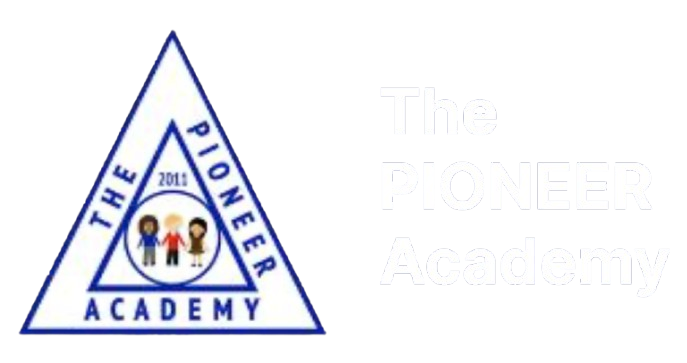Home | Learning | Curriculum | Subjects | English
English
Respect
Aspiration
Honesty
Tolerance
Caring
Responsibility
Curriculum Intent
Ightham Primary School provides a nurturing and inclusive learning environment that enables each of our pupils to thrive with an expectation of high academic standards. We are committed to providing a balanced, accessible and inspirational curriculum which fosters a lifelong love of learning. We value reading and mathematics in particular, as key life skills. Phonics and reading are prioritised to allow pupils to access the full curriculum offer. We aim to ensure a rigorous and sequential approach to ensure that pupils become progressively confident and fluent in the core basic skills. It is our aim to develop a love of reading to help pupils know more, remember more and understand more.
The curriculum celebrates diversity, encourages tolerance, and develops respect. Children are well prepared for life in modern Britain. The curriculum is designed to give all pupils, including children that are disadvantaged and with SEND, the knowledge and cultural capital they need to succeed in life. It is coherently planned and sequenced towards cumulatively sufficient knowledge and skills for future learning.
The curriculum at Ightham school is designed to inspire and motivate children. Our aim is for every child to experience ‘an extraordinary’ school day’ every day. Wherever possible, the English curriculum will provide opportunities to establish links with other curriculum areas.
Across the curriculum, we place a heavy emphasis on developing a child’s vocabulary. By the time children leave Ightham in Year 6, their vocabulary will have expanded significantly, giving them the language that they need to understand sophisticated texts and express themselves in a wide range of contexts.
We value reading as a key life skill and one that can bring enormous pleasure to an individual. We will ensure reading is prioritised as we recognise that to nurture the reading habit, we must provide a rigorous and sequential approach to the reading curriculum. We recognise the importance of children listening to quality texts so that they learn to construct coherent mental models of the texts they encounter.
Curriculum Implementation
Communication, language and literacy is taught in Early Years in line with the EYFS policy. In KS1 English is taught five times per week with a reading or writing focus following the CUSP curriculum. In KS2, English is taught five times per week as two separate Reading and Writing lessons, also following CUSP.
Phonics is delivered daily in Early Years and KS1 through the Essential Letters and Sounds programme. In KS1, pupils also apply their phonics knowledge in group reading practice sessions. These sessions focus on decoding, prosody and comprehension.
Reading: Reading is delivered in 18 two-week blocks around a core text, with clear substantive and disciplinary knowledge outcomes. The learning sequence of each block follows the three ‘pillars’ of the CUSP reading curriculum – explicit vocabulary instruction, prosodic reading and reading competencies. Pupils in Year 2- 6 work through ‘knowledge notes’ which are adapted and varied to support and challenge all groups of learners. Children in Year One work as a class to complete the knowledge notes and their responses are recorded in a Floor book.
Writing: CUSP writing units are delivered in two blocks A and B. Block A is the first time key information is introduced, and Block B is a revisit unit taught later in the academic year. Units can be 1,2 or 3 weeks long and pupils will receive explicit instruction of key grammatical concepts before planning, drafting and editing extended outcomes. Writing lessons follow a prescribed sequence of six phases – connect, explain, example, attempt, apply and challenge. Pupils work through knowledge notes’ which are adapted and varied to support and challenge all groups of learners.
Spelling: CUSP Spelling is delivered in 16 two-week blocks from Year 2 to Year 6. It is systematic, balanced and progressive. Each block follows the same pattern. In session one, the new concept is taught, in session two, children apply the concept. Session three is when children are given the opportunity to reason and transfer their knowledge. There is an etymology focus in session 4, followed by a revisit and correction exercise in sessions 5 and 6. At the start of each long term we use a diagnostic assessment to identify areas of weakness that need to be revisited.
Year 1 begin the CUSP spelling programme in the summer term and complete six two-week units.
Each year group (from Year 1-6) has a Sequenced overview which outlines when each Reading and Writing block is taught.

